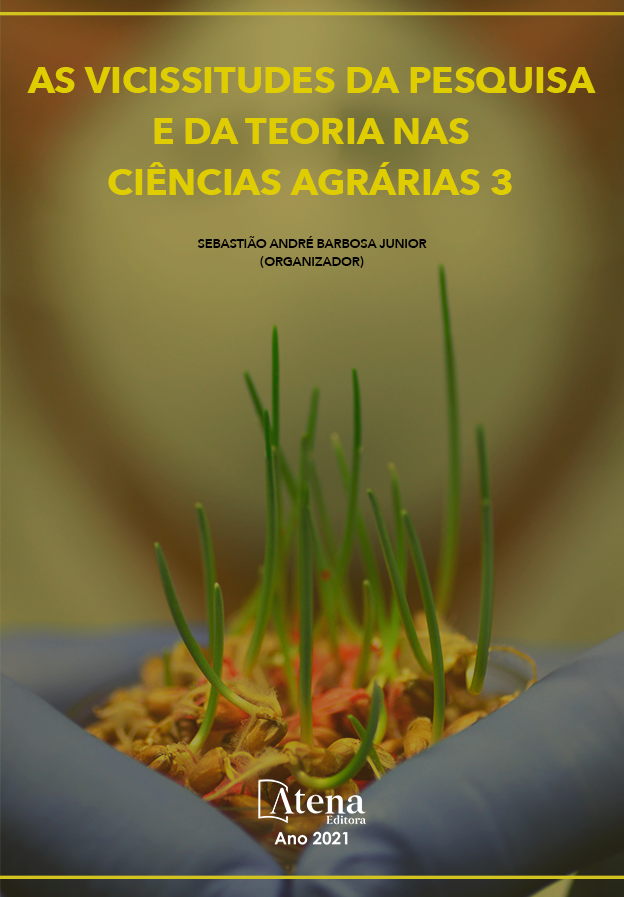
PREFERÊNCIA DE CONSUMO DE MEL DE ABELHAS NO SERTÃO CENTRAL DE PERNAMBUCO
Existe pouco esclarecimento da população com relação à qualidade do mel originado de produção racional e da diferença entre os méis das várias espécies de abelhas criadas no país. O objetivo do estudo foi avaliar a preferência entre o mel de criação racional e o mel obtido pelo extrativismo e entre o mel de Apis mellifera spp. e Melíponas. Para identificar os parâmetros em estudo foi aplicado um questionário com 400 pessoas em quatro cidades do Sertão Central de Pernambuco por meio de entrevista direta com questões objetivas. Os resultados da pesquisa mostraram que para 43,8%, não faz diferença a forma de obtenção do mel, se extrativista ou de criação racional, e que 33,5% das pessoas preferem o mel oriundo de criação racional. Mais da metade dos entrevistados, 53,0%, prefere mel de melíponas, já 40,0% não tinham preferência quanto ao tipo de mel. A boa aceitação dos consumidores pelo mel de abelha nativa indica que este mel tem um bom potencial de mercado a ser explorado.
PREFERÊNCIA DE CONSUMO DE MEL DE ABELHAS NO SERTÃO CENTRAL DE PERNAMBUCO
-
DOI: 10.22533/at.ed.42721010311
-
Palavras-chave: abelha africanizada, abelha nativa, qualidade, semiárido
-
Keywords: africanized bee, native bee, quality, semiarid
-
Abstract:
The population have a little clarification regarding the quality of honey originated from rational production and the difference between the honeys of the various bee species created in the country. The objective of the study was to evaluate the preference between the honey of rational beekeeping and the honey obtained by the extractivism and between the honey of Apis mellifera spp. and Melipona. To identify the parameters under study, a questionnaire with 400 people was applied in four cities of the Central Semiarid region of Pernambuco State in Brazil through a direct interview with objective issues. The results of the research showed that for the 43.8% did not make a difference in the way honey was obtained, whether extractive or rational, and that 33.5% of people preferred honey from rational beekeeping. Most half people, 53.0%, preferred Melipona honey, and 40.0% did not have a preference for honey type. The good acceptance by the consumers by the native bee honey showed that this honey has a good potential market to be explored.
-
Número de páginas: 9
- José Almir Ferreira Gomes
- Edmilson Gomes da Silva
- Rodrigo da Silva Lima
- Francisco Dirceu Duarte Arraes
- Maria Aparecida da Silva
- Almir Ferreira da Silva
- Rafael Santos de Aquino


